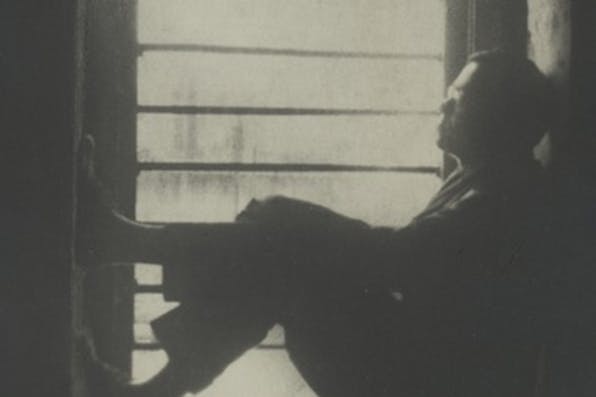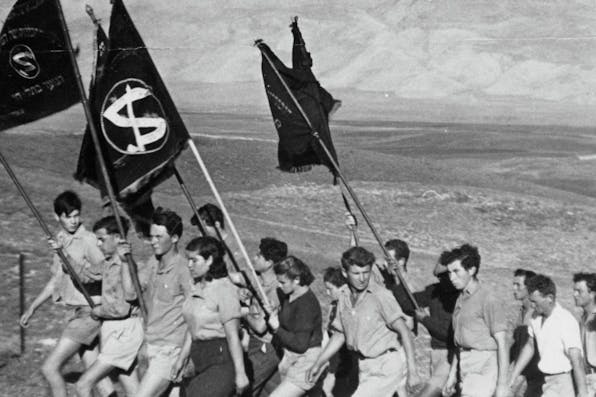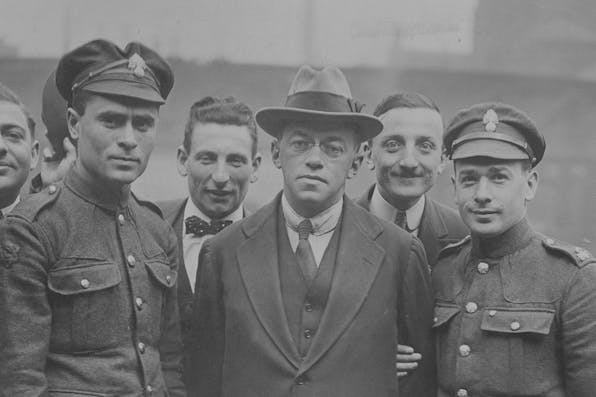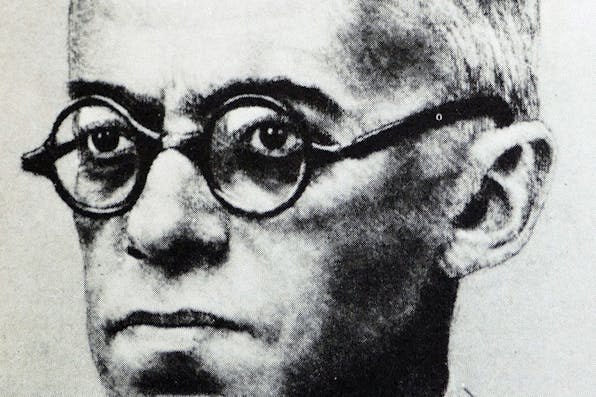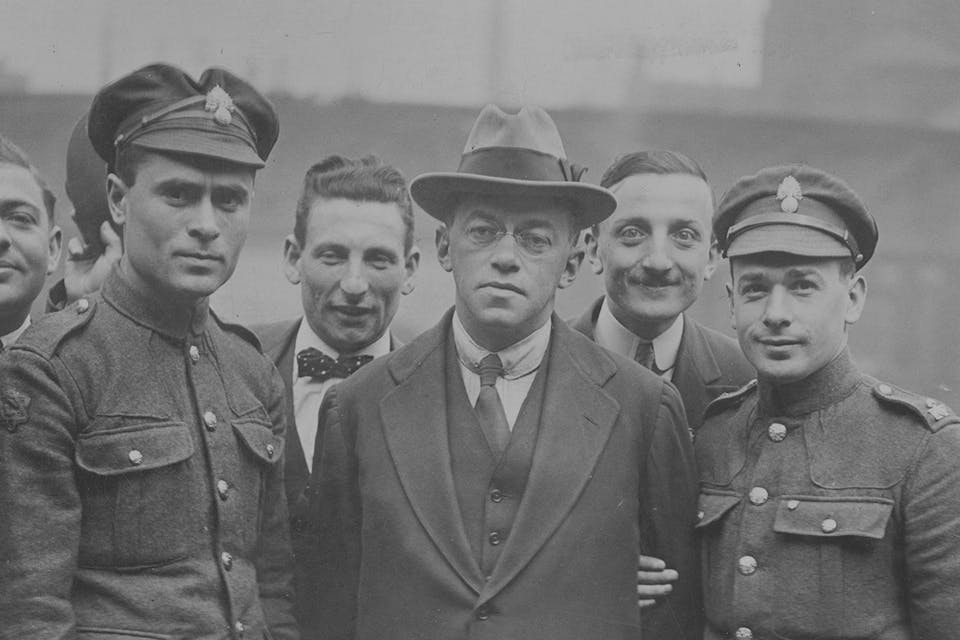
August 25, 2021
Jabotinsky’s Novels, and How They Relate to His Politics
Jabotinsky was the rare political leader who devoted as much time to artistic pursuits as to his political activities. What can be learned from them?
In “The Jabotinsky Paradox,” Avi Shilon writes that Jabotinsky had “one of the subtlest and most insightful minds in the history of Zionism.” He was “highly sophisticated” in his political thinking, with a “unique worldview” that was simultaneously “bold and sober.” But Shilon notes that Jabotinsky was a poet before he was a politician and suggests that Jabotinsky’s literary efforts—including two novels written at the height of his Zionist activities in the 1920s and 1930s—diverted him from a greater role in Zionism.
It is “hard to think of another [Zionist leader],” Shilon writes, “who devoted so much time to artistic pursuits alongside his political activities.” And thus, the “diffusion of his energy and focus was in part what prevented Jabotinsky from capturing the leadership of the Zionist movement.”
This is one of many incisive assertions Shilon makes in his valuable essay. One might argue that his contention finds support in the fact that Jabotinsky published his first novel, Samson, in 1926, the year following his creation of the Revisionist Zionist Party, and his second novel, The Five, in 1935, the year he formed the New Zionist Organization. Why was Jabotinsky writing novels at the same time he was trying to lead Zionism in a dramatically different direction, away from what he saw as Chaim Weizmann’s too-cautious World Zionist Organization and David Ben-Gurion’s too-socialist Jewish Agency?
